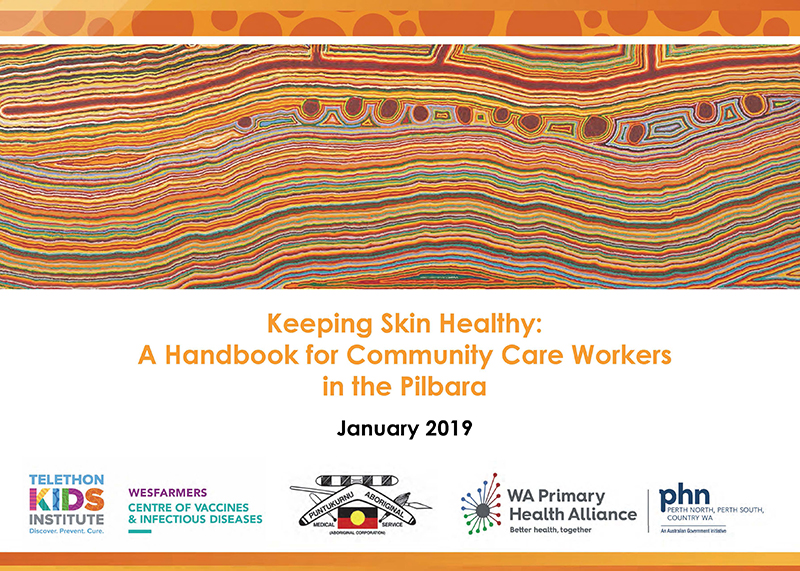Search
Research
Antimicrobial Resistance in Enterobacterales, Acinetobacter spp. and Pseudomonas aeruginosa Isolates From Bloodstream Infections in Australian Children, 2013–2021Gram-negative bloodstream infections are associated with significant morbidity and mortality in children. Increasing antimicrobial resistance (AMR) is reported globally, yet efforts to track pediatric AMR at a national level over time are lacking.
Research
Spatiotemporal patterns of influenza in Western AustraliaUnderstanding the geospatial distribution of influenza infection and the risk factors associated with infection clustering can inform targeted preventive interventions. We conducted a geospatial analysis to investigate the spatial patterns and identify drivers of medically attended influenza infection across all age groups in Western Australia.
Research
Pediatric Staphylococcus aureus Bacteremia: Clinical Spectrum and Predictors of Poor OutcomeStaphylococcus aureus is a common cause of bacteremia, yet the epidemiology and predictors of poor outcome remain inadequately defined in childhood. ISAIAH (Invasive Staphylococcus aureus Infections and Hospitalizations in children) is a prospective, cross-sectional study of S. aureus bacteremia in children hospitalized in Australia and New Zealand over 24 months.
Research
Progress towards a coordinated, national paediatric antimicrobial resistance surveillance programmeThese data support that children are not just 'little adults' in the AMR era, and analyses by age group are important to detect differences in antibiotic susceptibility
Research
Perinatal risk factors associated with skin infection hospitalisation in Western Australian Aboriginal and Non-Aboriginal childrenWe have quantified the relative influence of perinatal risk factors associated with skin infection hospitalisations in WA children
Research
A 15-Year Old Burmese Girl With Hemoptysis: A Case ReportA 15 year old girl, born in Hakha, Myanmar, presented with 2 months of intermittent hemoptysis 3 years after immigrating to Australia, via Malaysia.
Research
Epidemiology and mortality of staphylococcus aureus Bacteremia in Australian and New Zealand childrenDescribe the epidemiology of Staphylococcus aureus bacteremia in children and adolescents younger than 18 years from Australia and New Zealand
Research
The Investigation of Health-Related Topics on TikTok: A Descriptive Study ProtocolThe social media application TikTok allows users to view and upload short-form videos. Recent evidence suggests it has significant potential for both industry and health promoters to influence public health behaviours. This protocol describes a standardised, replicable process for investigations that can be tailored to various areas of research interest, allowing comparison of content and features across public health topics.

News & Events
Beating the bugs: a new resource helping to keep skin healthyA year after launching the first National Healthy Skin Guideline to address record rates of skin infections in Australia’s Indigenous communities, The Kids Research Institute Australia has released a new resource as part of the guideline.
Research
Increase in Body Mass Index in Children With HIV, Switched to Tenofovir Alafenamide Fumarate or Dolutegravir Containing Antiretroviral RegimensRecent data indicate excessive weight gain in treatment-naive adults with HIV commenced on antiretroviral therapy (ART) regimens containing tenofovir alafenamide (TAF) or the integrase strand transfer inhibitors (INSTIs) dolutegravir (DTG) and bictegravir.
